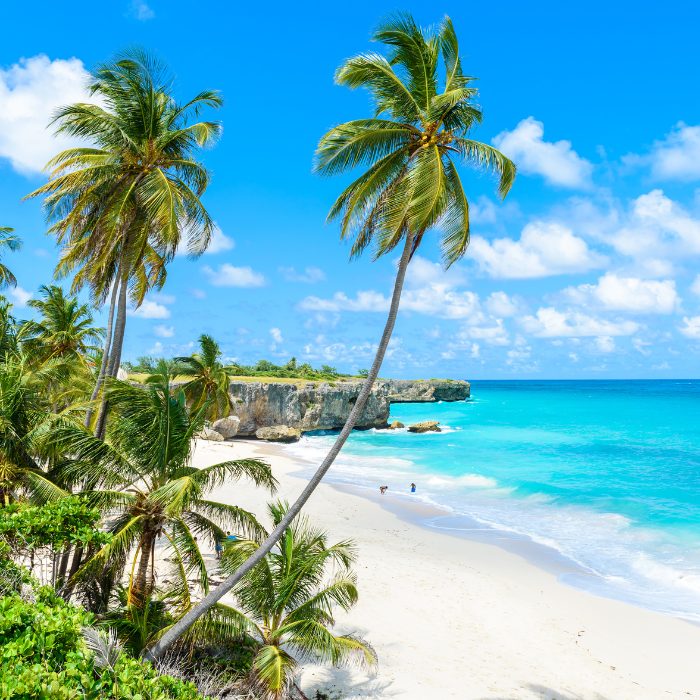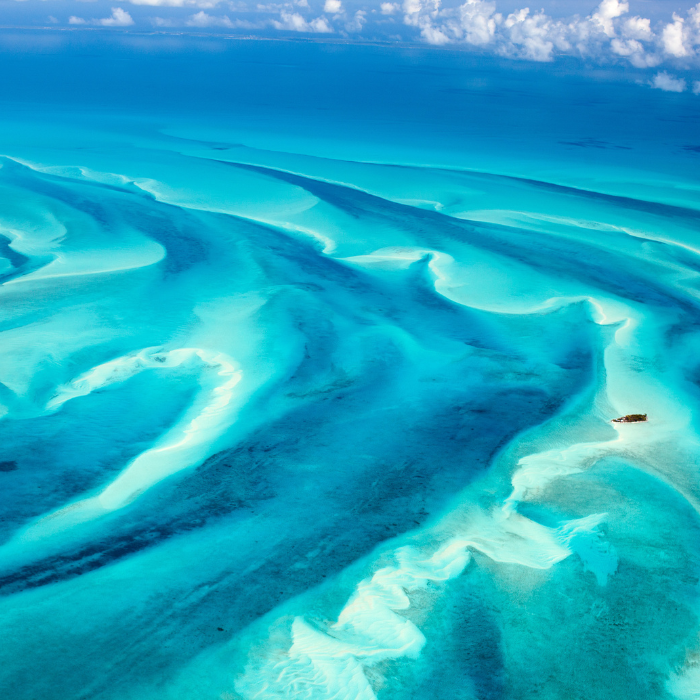EXPLORE
St. Barts
A luxury retreat for high-end travellers and celebrities, St. Barthélemy – affectionately known as St. Barts – boasts tranquil, crystal blue waters, lavish hotels and accommodations, luxury experiences, and world-class cuisine. One of several islands in the Caribbean Island arc, St. Barts is within an ecologically rich marine reserve, its biodiversity elevating its reef systems to ‘protected’ status. This makes St. Barts an incredible place to experience the ocean's wonders from above the water on a sailboat or below with diving and snorkelling gear.
Download location map



Weather
With an average temperature of 26°C, the first months of the year are coolest. These months are also the driest, with an average of 50mm of rainfall each month.
Best Time for Beach Activities and Watersports
24 - 29°C
AVG Temperature
8 - 9 HRs
Sunshine
1 - 2"
AVG Monthly Rainfall
26 - 27°C
AVG Sea Temperature
It’s slightly hotter in the spring and early summer months, with an average temperature of 28°C by June and highs of 31°C. There’s slightly more – but still very little – rainfall as the wet season officially begins in June.
Best Time for Natural Beauty and Outdoor Activities
24 - 29°C
AVG Temperature
8 - 9 HRs
Sunshine
2 - 3"
AVG Monthly Rainfall
26 - 28°C
AVG Sea Temperature
The late summer and autumn months are the hottest, with an average temperature of 29°C. The number of rainy days and rainfall rises steadily from summer into autumn when tropical storms can occur.
Best Time for High-end Shopping
29 - 32°C
AVG Temperature
7 - 8 HRs
Sunshine
4 - 5"
AVG Monthly Rainfall
28 - 29°C
AVG Sea Temperature
St. Barts is still just as hot in October, though the temperature starts to fall as the island heads into winter, with an average temp of 26.5°C by December. The rainy season also peaks during this time, though it settles by the last month of the year.
Best Time for Beaches and Outdoor Activities
24 - 29°C
AVG Temperature
7 - 8 HRs
Sunshine
3 - 4"
AVG Monthly Rainfall
28 - 29°C
AVG Sea Temperature


GEOGRAPHY
Situated 250km from the east coast of Puerto Rico, St Barts is formed from layers of volcanic rock and limestone. Southeast of the Caribbean islands St. Martin and Anguilla, St. Barts is also part of the Lesser Antilles Island arc. St. Barts northern and eastern coasts are lined with visible coral reef systems, home to several ecologically important marine habitats. These reef systems have been protected since 1999 as part of a marine reserve that expands over 2,500 acres.


HISTORY
It is believed that the first inhabitants of St. Barts were the Caribbean Taino and Arawak people. However, this settlement isn’t thought to have lasted long due to poor soil quality and lack of available water. Christopher Columbus first spotted St. Barts on one of his voyages to The New World in 1493. From then, the island was claimed by different countries: by the French in 1648, who abandoned the island after the Caribs attacked in 1656, though they regained power soon after, and by the Swedish, who traded rights to trade in Gothenburg for the island, before selling it back to France. Today, St. Barts remains an overseas collectivity of France.






